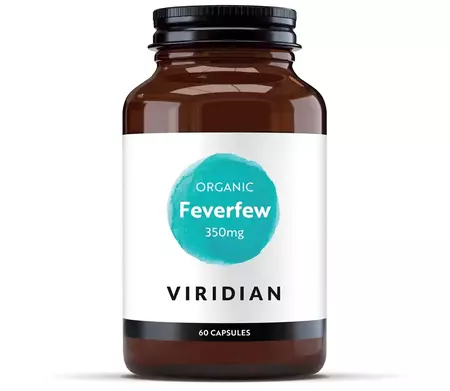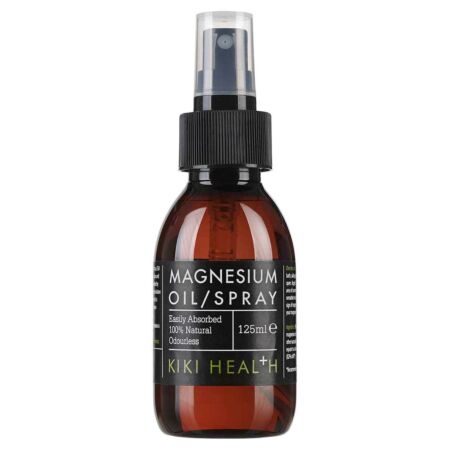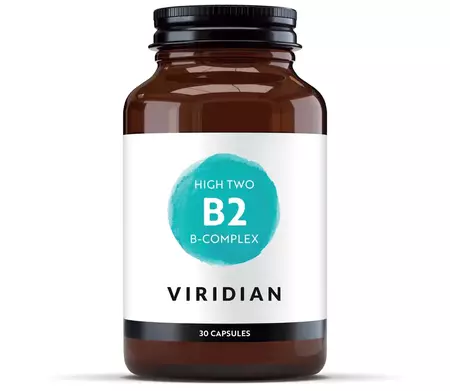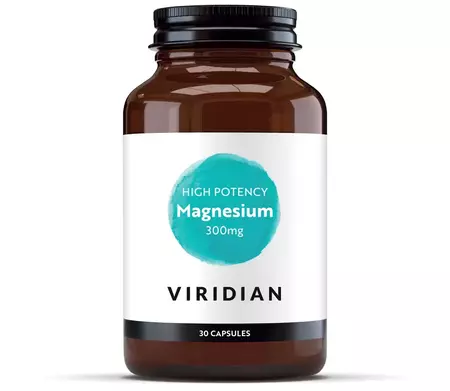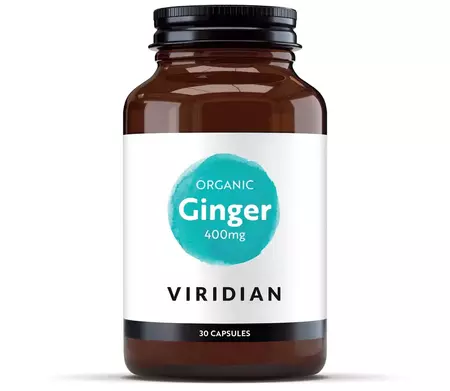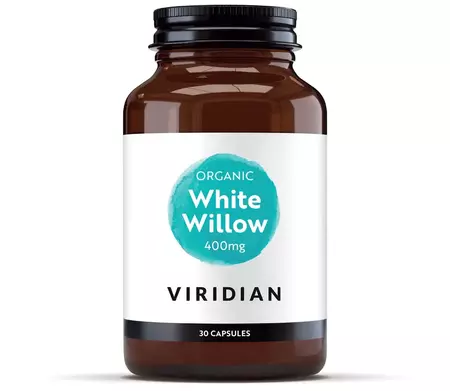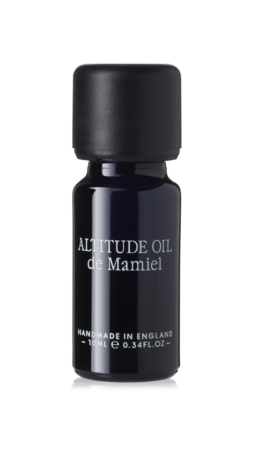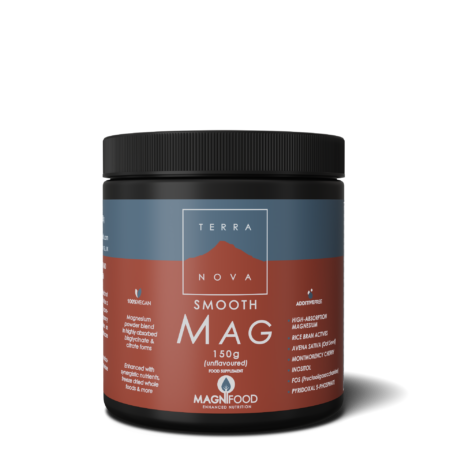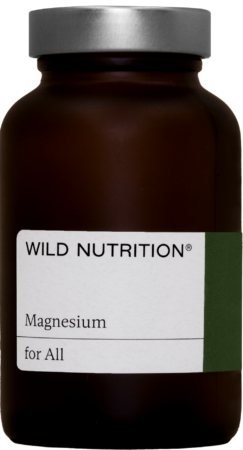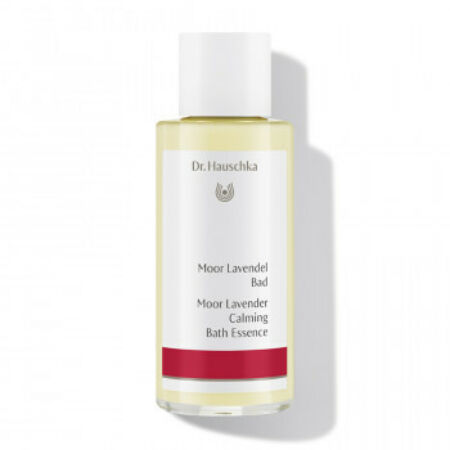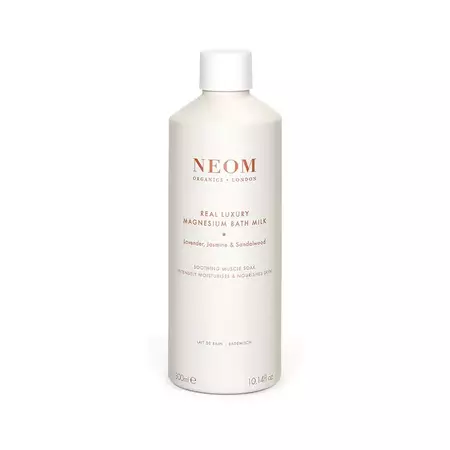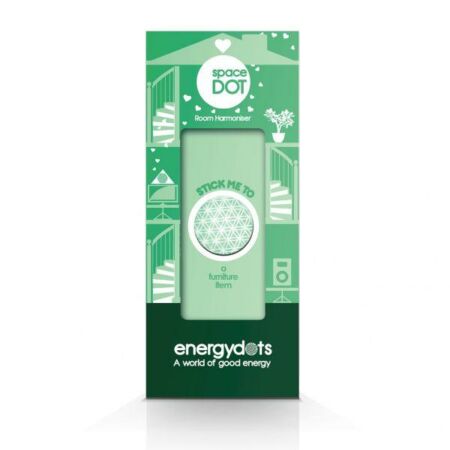We explore natural remedies like herbs and homeopathic treatments that can alleviate tension, improve circulation, and reduce the frequency and intensity of tension headaches.
One of the main principles of naturopathic medicine is to treat the whole person, not just the symptoms. This means that naturopathic practitioners will work with patients to identify and address the underlying causes of their headaches, rather than simply masking the pain with medication.
Diet and nutrition play an important role in preventing headaches, all of which, we cover in this article. We also discuss natural remedies for tension headaches may include the use of herbs, as well as natural remedies that can help to alleviate tension and improve circulation, to reduce the frequency and intensity of headaches.
Firstly, migraines or headaches - how can you tell?
It can be difficult to determine whether you're experiencing a headache or a migraine, as a migraine is actually a type of headache that falls under the category of primary headache, which means it's not caused by an underlying health issue. To help differentiate between the main types of primary headache, including tension headache, cluster headache, and migraine. Read on to find out more.
Tension headache
Tension headache, the most common type of headache, is characterised by a dull ache on both sides of the head and accompanied by a feeling of pressure around the head or behind the eyes. These headaches can last from half an hour to several hours and sometimes for days. Tension headaches can be caused by various factors such as stress, lack of sleep, skipping meals, and dehydration. Other triggers include bright sunlight, eye strain, loud noise, lack of physical activity, poor posture, and even some smells.
Cluster headache
Cluster headaches are a rare but extremely painful type of headache. They are uniquely diagnosed by intense pain on one side of the head, usually around or behind one eye, which is more severe than the pain of a tension headache or migraine. The name "cluster" refers to the pattern of attacks, which can occur up to three times a day for several weeks or months before subsiding for a period of time, often months or even years.
Why do cluster headaches happen?
It is believed that cluster headaches are linked to a part of the brain called the hypothalamus, although the exact cause is not fully understood. Some experts believe that the hypothalamus releases neurotransmitters that stimulate nerve cells and cause pain, while others believe that the widening of blood vessels in the brain may be responsible for the pain by adding pressure to the surrounding tissues. Unfortunately, most cluster headaches do not have any clear triggers, although some people find that alcohol, strong smells, and heat can bring on an attack.
Migraine
For more information, please see our page on migraines.
Migraines are characterised by a pounding or throbbing pain, often accompanied by visual disturbances such as flashing lights, numbness, tingling, dizziness, and other symptoms collectively known as aura. There are three main types of migraines: migraine with aura, migraine without aura, and migraine aura without headache, which causes aura symptoms without the pounding headache[i].
The exact cause of migraines is not fully understood, although some experts believe that certain chemicals released in the brain can trigger them[ii].
However, there are many triggers for migraines, including fluctuating hormone levels, stress, anxiety, depression, and excitement. Not getting enough sleep, having low blood sugar, bad posture, irregular eating or drinking habits, and alcohol consumption can also be triggers.
Certain foods have also been linked to migraines, including chocolate, cheese, and citrus fruits. Other triggers include bright lights, loud noises, strong smells, computer or television screens, very cold temperatures, and certain medications, such as hormone replacement therapy (HRT) or the contraceptive pill.
When is a headache a cause for concern?
Most headaches are not usually a cause for concern, but in rare cases, a headache may indicate an underlying health condition. These types of headaches are more common in older people and can develop suddenly, worsening over time.
Fortunately, the majority of severe headaches are uncommon. However, if any of the following conditions apply to you, it is recommended that you see your general practitioner promptly.
It is important to pay attention to any warning signs that may accompany a headache. If you experience a sudden and severe headache, especially following a recent head injury, it is recommended that you seek immediate medical attention.
Additionally, if you experience symptoms such as fever, convulsions, drowsiness, blurred vision, or vomiting in conjunction with your headache, it is important to consult with a medical professional right away. It is also advisable to see a healthcare provider if you notice a significant change in your typical headache or migraine pattern. For those who suffer from migraines with aura symptoms that occur on the same side of the body during each attack, seeking medical review is recommended. Finally, if you experience your first migraine at age 50 or older, it is advisable to consult with a healthcare professional.
Recommended supplements for headaches
Magnesium: This mineral has been shown to be an effective treatment for migraines. Studies have indicated that taking a daily magnesium supplement can reduce the occurrence of migraine attacks by up to 40 percent[iii] [iv].
Try: Viridian High Potency Magnesium 300mg
Ginger: There is some evidence to suggest that ginger may help to alleviate the pain associated with migraines. In fact, a study conducted in 2014 found that ginger powder was just as effective as the prescription migraine drug, sumatriptan, in reducing migraine symptoms. Both groups of participants reported a 90% improvement in their migraines within two hours[v].
Try: Viridian Ginger - Organic 400mg
Vitamin B complex: For individuals who experience headaches brought on by stress, taking a vitamin B complex supplement may be helpful. Certain B vitamins are believed to assist the body in managing the negative effects of stress. In support of this, a study found that taking a B complex supplement for 90 days resulted in a notable reduction in workplace stress[vi].
Try: Viridian High Two B-Complex
White Willow Bark: For centuries, white willow bark has been used as a natural pain reliever to treat muscle pain, headaches, and other types of discomfort. This is due to its salicin content, which is comparable to aspirin's active ingredient, and can help decrease inflammation and relieve pain[vii].
Try: Viridian White Willow 400mg – Organic
Other products for natural headache relief
Try: Dr. Hauschka Moor Lavender Calming Bath Essence - It provides strength and relaxation and prepares you for a good night’s sleep.
Try: Energy Dots eSpacedot Room Harmoniser - The Phi energy that spaceDOT continuously radiates will interact resonantly with your environment to produce a powerful clearing harmonic. This harmonic re-energises and balances the area by the process known as entrainment.
Try: NEOM Organics Complete Bliss Scented Candle - The Scent To Calm & Relax Range has been specially formulated with natural fragrance which not only smells wonderful but can also help you unwind and bring a feeling of calm.
Try: Aqua Oleum Lavender (Organic) - For bathing, it is recommended to use 5-10 drops of essential oil. When using a vaporizer, 3-5 drops should be added. For body massage, mix 5 drops of essential oil with 10 ml of base oil. It can also be used as a perfume or to scent household linen when applied directly, without a carrier oil. This information pertains to the general use of essential oils.
Try: de Mamiel Altitude Oil (10ml) - Sprinkle a few drops on a tissue and inhale deeply, or just place a drop under each nostril. Inhale deeply and experience the invigorating effects of the blend.
Dietary recommendations for headaches
This may involve identifying and avoiding trigger foods, such as caffeine, alcohol, and processed foods.
Identifying and avoiding trigger foods is an important part of managing headaches from a naturopathic perspective. Caffeine can affect migraines in various ways, but mainly by blocking adenosine receptors, which causes blood vessels to narrow and reduces blood flow to the brain[viii]. This can help relieve migraine symptoms. Alcohol is also a common trigger for many people, and processed foods may contain additives or preservatives that can trigger headaches. In contrast, nutrient-dense foods like fruits, vegetables, and whole grains can help to reduce inflammation and promote overall health, which can in turn help to reduce the frequency and severity of headaches[ix].
Magnesium is an essential mineral that has been proven to be effective in reducing the occurrence of migraines by regulating nerve function and reducing inflammation. You can increase your magnesium intake by consuming foods rich in this mineral, such as leafy greens like spinach, kale, and Swiss chard, nuts and seeds such as almonds, cashews, pumpkin seeds, and sunflower seeds, legumes like black beans, chickpeas, and lentils, and whole grains like brown rice, quinoa, and oats. Incorporating these foods into your diet may help alleviate headache symptoms and reduce their frequency and intensity[x].
Similarly, foods that contain omega-3 fatty acids, such as fatty fish, flaxseeds, and walnuts, may also help to reduce inflammation and alleviate headache symptoms. Evidence suggests that people who followed a diet high in omega-3 fatty acids experienced a reduction of 1.3 hours of headache per day and two headache days per month. Those who followed a diet high in omega-3s and low in omega-6s experienced an even greater reduction of 1.7 hours of headache per day and four headache days per month, indicating that reducing dietary omega-6 fatty acids may provide additional benefits in reducing headaches[xi].
Functional testing suggestions for headaches
Try: Complete Thyroid Panel - Studies have suggested that the frequency and severity of headaches may increase once hypothyroidism has developed. Additionally, research has found a correlation between the severity of hypothyroidism and the frequency of headaches, with more severe hypothyroidism resulting in more frequent headaches[xii].
Try: Female Hormone Cycle Mapping - Hormonal changes, such as those that occur during the menstrual cycle or menopause, can trigger migraine attacks. Hormone testing can help identify hormonal imbalances that may be contributing to migraine attacks, allowing for targeted hormone balancing interventions[xiii].
Lifestyle recommendations for headaches
We highly recommend a course of the Bowen Technique for headaches. This gentle treatment releases tension in parts of the body that may be contributing to your headaches. We have remarkable results using this treatment.
Besides modifying your diet and taking supplements, you can also employ natural methods to manage headaches, such as mind-body techniques including meditation and yoga. Targeted yoga poses can release tension in headache-prone areas like the neck, shoulders, and upper back.
Also, essential oils like lavender and peppermint can help soothe and relax the body, easing headache discomfort.
It's essential to maintain a healthy lifestyle that involves regular exercise, adequate sleep, and stress management techniques to decrease the frequency and intensity of headaches. Taking a comprehensive approach to managing headaches can enhance your well-being.



